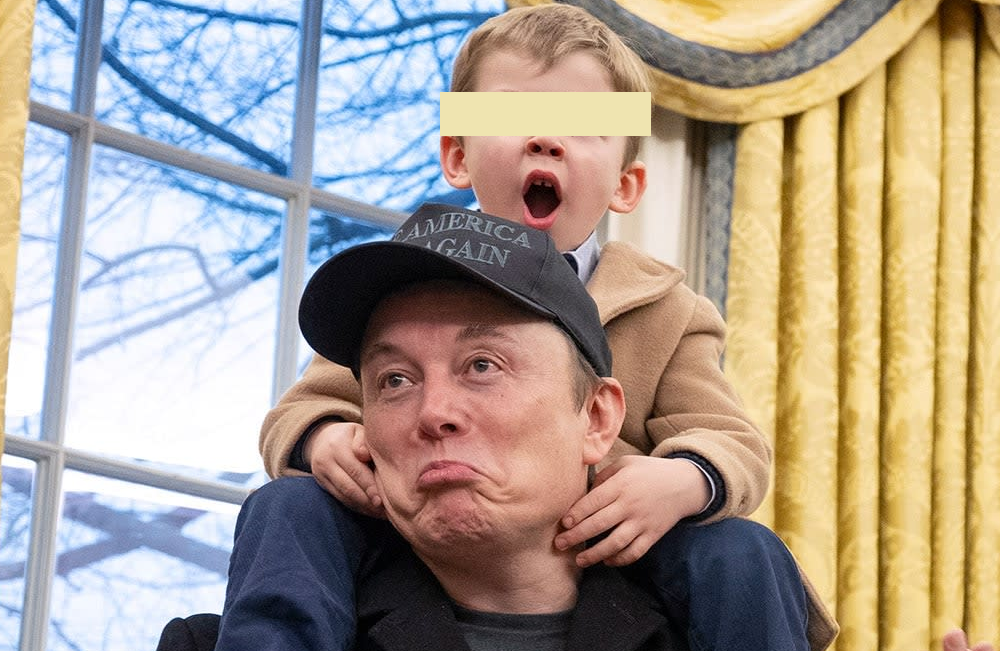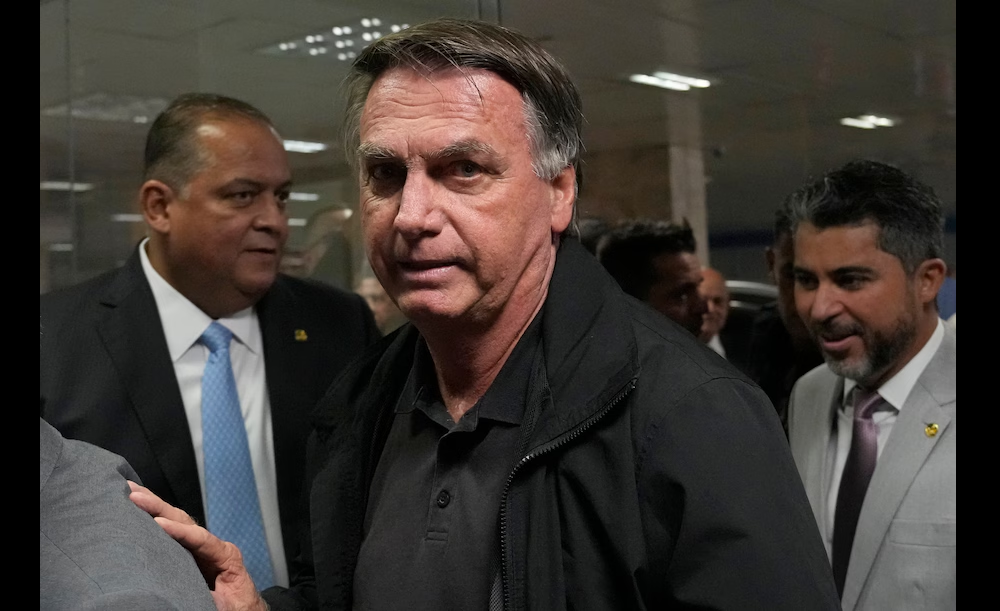In stunning comeback, Carney’s Liberals win Canada’s federal election
April 29, 2025 By Amanda Coletta WP
The projected result marked a reversal in fortunes for a party that was on track for a historic wipeout only months ago and capped a campaign upended by Trump.
OTTAWA — Prime Minister Mark Carney’s Liberals were set to win a federal election Monday, the Canadian Broadcasting Corp. projected, in an extraordinary comeback that was fueled in part by President Donald Trump’s tariff policies and attacks on Canada. Just months ago, Carney’s party was headed for a potentially historic drubbing.
It was not yet clear whether the Liberals would lead a minority or majority government as votes continued to be counted. In a minority government, the ruling party must rely on the support of opposition parties to stay in power and pass its agenda. This is the fourth consecutive Liberal government since 2015.
On Tuesday morning, Carney’s main opponent, sharp-tongued populist Pierre Poilievre, was projected by CBC to lose his seat in Carleton, Ontario, to the Liberal candidate. Still, his Conservative party was projected Tuesday morning to pick up more seats than it did during the last federal election in 2021.
Amid the U.S. president’s trade war and threats to annex its northern neighbor, voters flocked to Carney — a political novice who led the Bank of Canada during the global financial crisis and the Bank of England during Brexit. He pitched himself as a steady hand at a destabilizing time.
“My message to every Canadian is this: No matter where you live, no matter what language you speak, no matter how you voted, I will always do my best to represent everyone who calls Canada home,” he said early Tuesday at a victory event in Ottawa.
The vote, considered by many here to be the most consequential election of their lifetimes, was bookended by Trump’s menaces. During the first week of the campaign, he announced tariffs on automobile imports, prompting Canadian retaliation. On Monday morning, in a social media post, Trump wished “good luck” to Canadians and repeated his threat to make their country the 51st state.
“As I’ve been warning for months,” Carney said in his address, “America wants our land, our resources, our water, our country. These are not idle threats. President Trump is trying to break us so America can own us.”
With 94 percent of polls reporting early Tuesday, the Liberals won or were leading in 165 seats, short of the 172 needed for a majority. The Conservatives trailed with 147 seats.
In Canada’s multiparty parliamentary system, results showed that the contest was dominated by two parties: the Liberals and the Conservatives. Each was projected to win more than 40 percent of the popular vote — the first time that has happened since 1930. The smaller left-of-center parties saw their support plummet significantly.
The projected result represented a remarkable reversal in fortunes for the Liberals, who were all but written off when Justin Trudeau resigned as prime minister in early January. They had trailed the Conservatives for more than a year. Poilievre was cruising to one of the largest majority governments in Canada’s history.
But Trudeau’s exit, Carney’s elevation as his replacement and Trump’s return to office flipped the script. By the time Carney called a snap election in March, the Conservatives had blown a 20-plus-point lead. Poilievre, who built his edge on the premise that Canada was “broken” thanks to Trudeau, struggled after his main foe was out of the picture — and Trump-induced Canadian patriotism surged.
The swift shift in public opinion, analysts said, was seismic.
“To say it’s unprecedented is not only an understatement,” said Lori Williams, a political scientist at Mount Royal University, “it underplays the magnitude of the shift.”
The outcome could raise questions about Poilievre’s leadership and the future of the Conservatives, who have lost four consecutive elections. Its leaders have struggled to unite the party’s factions and to expand the base. Before the vote, recriminations from prominent Conservatives about Poilievre’s campaign had spilled into public view.
Poilievre early Tuesday thanked his supporters and said that “change takes time.” He congratulated Carney and pledged to work with him on countering Trump’s tariffs and “other irresponsible threats.”
Jagmeet Singh said Tuesday morning that he would step down as leader of the left-leaning New Democratic Party, which won only a handful of seats and was projected to lose official party status in Parliament. Singh was projected to lose his seat.
The challenges facing the prime minister are significant.
Canada, which sends nearly 80 percent of its exports to the United States, has been a repeated target of Trump’s tariffs. The Bank of Canada said this month that a prolonged global trade war could tip the economy into a recession. Already, the levies and broader trade uncertainty are weighing on business and consumer confidence here.
The country’s economy has long been stagnating. Grocery costs are straining budgets. For younger Canadians, the prospect of homeownership feels increasingly out of reach. There are also regional divisions, particularly over natural resource development, that could complicate efforts to make the country more resilient in the face of Trump’s threats.
Analysts said that the campaign was dominated by dueling, but also interlinked, ballot questions: Who could best stand up to Trump and manage the fallout of a rupture in U.S.-Canada ties and who could best deliver change. Voters, they said, focused less on policy and more on the leadership styles of the front-runners.
Carney, 60, a former Goldman Sachs banker who has been prime minister for less than two months, pitched himself as the candidate best able to steer Canada through Trump’s tumult. He had some stumbles during his first foray into elected politics, but voters were willing to stomach them, judging the president’s threats a bigger issue and Carney’s bland competence an antidote to Trump’s chaos.
“I have managed crises before,” Carney said at a campaign rally on the weekend. “This is a time for experience, not experiments.”
Carney has said that he will seek a new trade and security relationship with the U.S. He backs targeted retaliatory tariffs and has said Canada will meet its NATO defense spending commitments by 2030 at the latest. While certain sectors of the economy will remain integrated with the U.S., he has pledged to diversify Canada’s trading relationships with “reliable” partners.
Canada’s “old relationship with the United States, based on deepening integration of our economies and tight security and military cooperation, is over,” Carney declared last month.
To voters hungry for change, he presented himself as the antidote to Trudeau. On his first day as prime minister, he moved to slough off the political baggage of his predecessor by canceling Trudeau’s controversial consumer carbon tax.
Poilievre, 45, a career politician and brash attack dog, had long hammered Trudeau over his economic record, pointing to the carbon tax as one reason life was more unaffordable. But once the prime minister and his carbon levy were out of the picture, he struggled to pivot off his “ax the tax” message in a contest that was no longer a referendum on the former prime minister.
“I know you want to be running against Justin Trudeau,” Carney told Poilievre in a leaders’ debate this month. “Justin Trudeau isn’t here.”
The Conservative leader sought to cast Carney as an out-of-touch elitist who was “just like Justin.” He charged that electing a Liberal government under Carney would continue many of Trudeau’s policies and that he was the only leader who truly represented change. He pledged to cut taxes and red tape, to get tough on crime and to build pipelines.
“We cannot afford a fourth Liberal term,” Poilievre said at a campaign rally last weekend. “We need a change.”
Poilievre also appeared flat-footed in the face of Trump’s broadsides, in part because some of his base supports the president. Some in his party had called for him to shift his campaign’s focus to Trump. He blamed a “lost Liberal decade” for leaving Canada vulnerable to Trump’s threats, but he continued to emphasize concerns around affordability.
Poilievre’s penchant for sloganeering and use of insulting nicknames for opponents also made him appear unserious at a moment of crisis, analysts said. His promises to slash foreign aid and the federal public service, vows to eradicate a “woke culture” from the military and pledge to eliminate public funding for “woke” university research reminded voters too much of Trump, they said.
Voters do not directly vote for the prime minister. Instead, voters in 343 electoral districts, or ridings, elect a member of Parliament to represent them in the House of Commons.🔺







